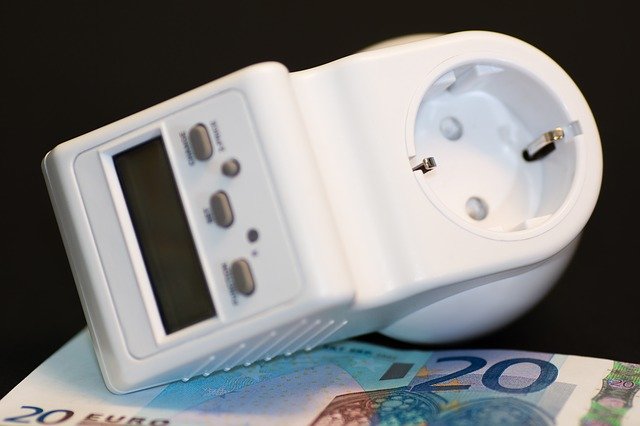Air conditioning consumes a lot of energy. However, with the advent of solar air conditioning systems, this use could go down by up to 50%. This new technology is different from the usual Vapor compression system. (VC) It is not only safe for the environment but also cost-effective.
Table of Contents
How Does this Solar Air Conditioning System Operate?
Initially, the popular VC technology used the condensation dehumidification method, which has a lot of limitations. The main challenge lies in controlling different levels of heat loads. The system can only operate when evaporation temperatures are low. These conditions are not conducive; hence the VC can’t function well. For instance, it will have a low cooling capacity, low performance, and will require more reheating. Here are two ways to counter these problems.

By Controlling Temperature and Humidity Independently
Dr. Jie Zhu and professor Tingzian Li demonstrated how temperature and humidity technology could help control these two elements separately. If successful, electrical consumption can reduce to about 25-50%. Also, it increases the coefficient of performance(COP) by about 60%. Compared to the other method, it has lower operating costs.
The system depends on two battery units: a solar thermal battery and a dehumidification membrane that dries liquids. Both of them ensure the continuous functioning of the system.
Because solar energy is intermittent and can’t be relied on all year round, thermal energy battery storage is the best bet.
A good example is the solid-gas sorption battery that works well by storing both cold energy and heat at controllable temperatures. For dehumidification to be successful, it gets power from the heat energy. On the other hand, the cold energy cools the air in surrounding environments inside the house.
Use of Two Battery Units
The system depends on two battery units: a solar thermal battery and a dehumidification membrane that dries liquids. Both of them ensure the continuous functioning of the system.
This air conditioning system is made in such a way that incoming water vapor is trapped. As regeneration occurs, the sorption heats up the desiccant liquid that was trapped. It then moves to a cabin where the solution removes moisture.
Later on, this air moves to a water-air cooler. The heat from the sorption thermal battery is cold enough to chill water, which in turn cools the air. The result is a successful cycle that releases cool air into a room.
It is one of the best cooling air methods, especially in areas that experience high temperatures and humidity. That’s why it is most commonly used in solar air conditioner Philippines where it’s hot throughout the year.
Experts conducted research to test this system and evaluate its cooling performance, energy storage, and the entire dehumidification process.
This system can be applied in industrial sectors such as Building Services, Ventilation, Heating, environmental engineering, residential air conditioning, etc.
Several companies across the globe have already adopted this system; popular ones include solar air conditioning in the Philippines. They offer various types of solar air conditioners: portable and hybrids. A hybrid solar conditioner combines power from solar energy and electrical power. All these innovative methods help reduce the amount of power consumption resulting in low electricity bills.
What are the Benefits of a Solar Air Conditioning System?
As mentioned before, PV cells power AC components making them function appropriately. The battery stores energy that can be used when there is no power source. This is an advantageous system that is very helpful to both individual and commercial sectors.
- Good for the Environment
Because solar energy is a renewable source, it is beneficial and does not cause any danger to the environment through harmful gas emissions. Also, people don’t have to totally over-rely on electric grids.
- Simple to Maintain
Setting up the system is not as complicated as it may seem. Once up and running, solar panels require little repair or maintenance. Rainwater is enough to clean off any dirt that may be stuck on the panels.
- Saves Money
Other than the initial installation charges, customers don’t have to worry about additional costs. Using solar energy helps conserve energy consumption. When it is scorching, conventional air conditioners increase electric grid demands.
If worse comes to worst, it may result in power outages. People who use solar air conditioners rarely experience such. This is because the system ensures low grid demand and shits loads during peak moments. There are no inconveniences because of fewer power outages—all these translate to reduced electricity costs.
Summary
Adapting this new system will go a long way in helping families cope with high energy consumption due to solar air-con. It is a clean and safe way to utilize natural energy resources while at the same time, reduce costs. Since conventional systems have limitations, this new technology is the best alternative.



